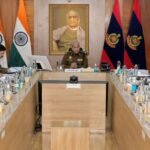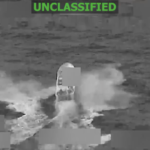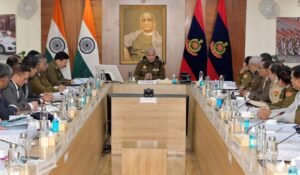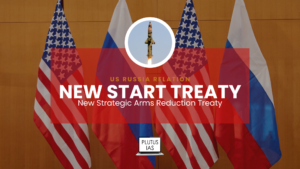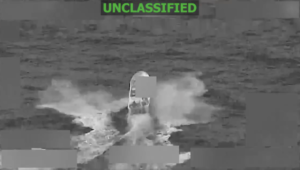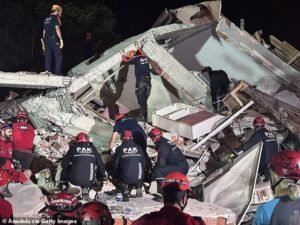Israeli Prime Minister Benjamin Netanyahu said Israel has “no choice” but to “finish the job” against Hamas, citing the group’s refusal to lay down arms. Speaking to reporters at an international press conference on Sunday, he outlined plans for a new military offensive targeting what he called Hamas’ two remaining strongholds in Gaza City and the “central camps”.
“Given Hamas’ refusal to lay down its arms, Israel has no choice but to complete the job and defeat Hamas,” Netanyahu said. He told the press that about 70–75 per cent of Gaza was already under Israeli military control, but the Israeli Defence Forces (IDF) had been instructed by the security cabinet to “dismantle” the two areas still under Hamas control.
However, Netanyahu said Israel’s objective was not to occupy Gaza but to “free it from Hamas terrorists”. He described Hamas as a “genocidal organisation” and said the war could end if all hostages were freed and the group put down its weapons.
He outlined five principles that he said would guide Israel’s plan for Gaza once Hamas was defeated:
1. Disarmament of Hamas.
2. Return of all hostages.
3. Demilitarisation of the Gaza Strip.
4. Israel taking “overriding security control” in Gaza.
5. Establishment of an “alternative civil administration” not run by Hamas or the Palestinian Authority.
Netanyahu said this civilian administration should be willing to live in peace with Israel. He also proposed a security zone on Gaza’s border with Israel to prevent future armed incursions.
Defence of Gaza City offensive plan
The prime minister defended Israel’s plan to take over Gaza City, which has faced criticism from international governments and organisations, including some of Israel’s allies. He said enabling civilians to move to “designated safe zones” with “ample food, water and medical care” was part of the approach, adding that “contrary to false claims, this is the best way to end the war and the best way to end it speedily”.
Story continues below this ad
Netanyahu also rejected accusations that Israel was creating a humanitarian crisis in Gaza. “If we had a starvation policy, no one in Gaza would have survived after two years of war,” he said, noting that Israel had allowed nearly two million tonnes of aid into Gaza since the conflict began.
On hostages and aid delivery
Netanyahu accused Hamas of deliberately starving hostages and stealing aid meant for civilians. He presented images that he said showed uncollected aid in Gaza, claiming Israel had allowed it to pass through the Kerem Shalom crossing.
Netanyahu accused Hamas of deliberately starving hostages held in Gaza.
He said Israel had a three-step plan to improve humanitarian aid distribution, including designating safe corridors, expanding the number of distribution points run by the Gazan Humanitarian Foundation, and increasing air drops with international partners.
Criticism of media coverage
The prime minister criticised international media coverage of hunger in Gaza, accusing outlets of repeating what he called Hamas propaganda. He displayed front-page images of malnourished children, labelled “fake” in his presentation, and alleged that some images had been published without context about underlying health conditions.
Story continues below this ad
Netanyahu is considering legal action against The New York Times over the newspaper’s coverage of the humanitarian crisis in Gaza.
Netanyahu said the government was pursuing legal action against the New York Times over one such image.
International response
Shortly before a UN Security Council session on Sunday, the UK, France, Denmark, Greece and Slovenia issued a joint statement urging Israel to reverse its decision to expand military operations in Gaza.
“This plan risks violating international humanitarian law,” the statement said. The countries reiterated that Hamas must disarm and not play a future role in governing Gaza, and that the Palestinian Authority should have a “central role” in its governance, as reported by the BBC.
They added that the Israeli plan “will do nothing to secure the return of the hostages and risks further endangering their lives”.
Story continues below this ad
The joint statement also called for restrictions on aid deliveries to be lifted. Israel maintains there are no such restrictions.
